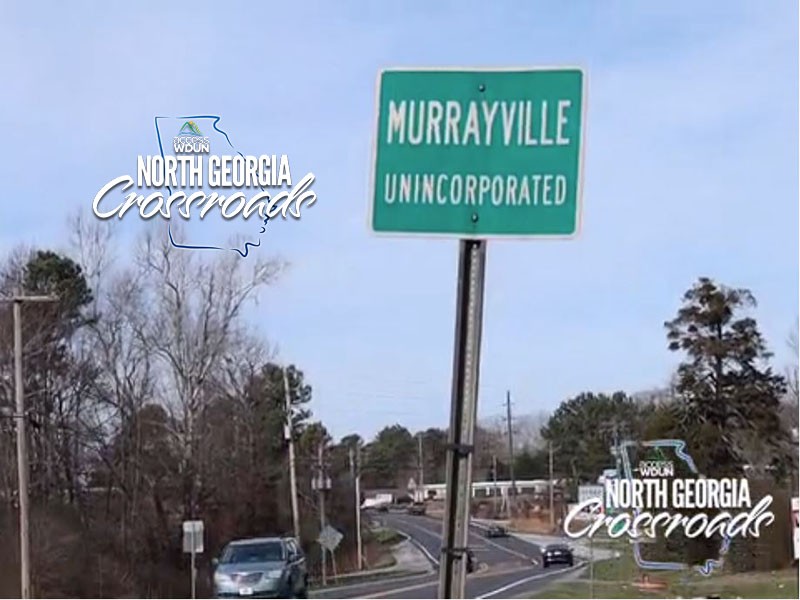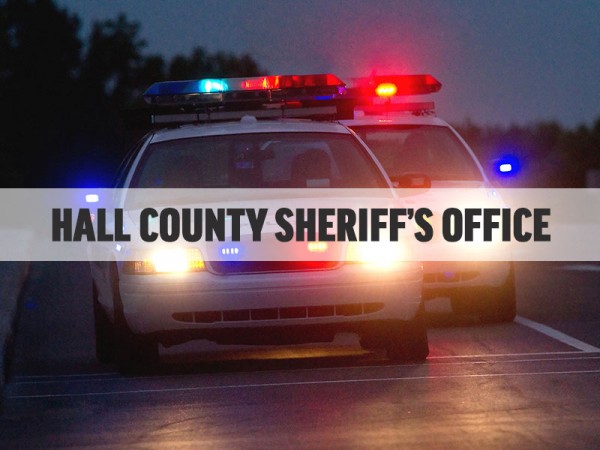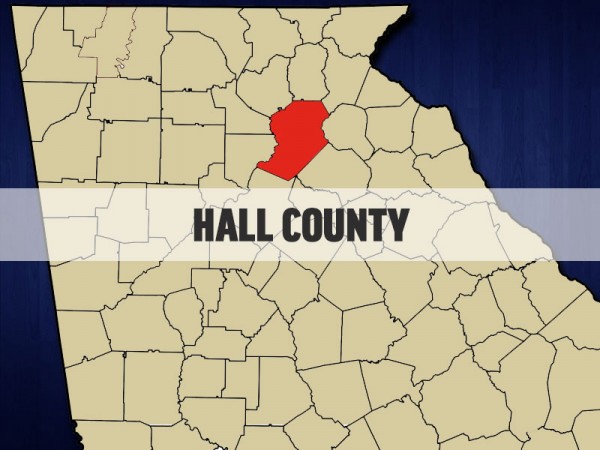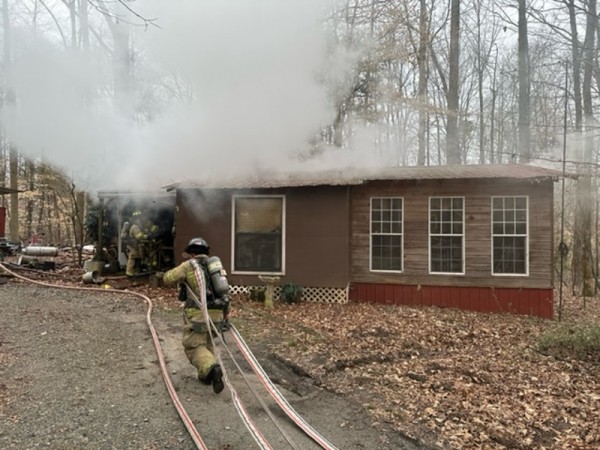GAINESVILLE – Enterprising businessman Patrick J. Murray saw opportunity nearly 200 years ago as he watched miners make the 20-plus mile journey between the gold fields near Dahlonega and the assay offices, and first private mint, in Gainesville.
He believed those fortune-seekers needed someplace to “spend” their money and a general store and boarding house (with tavern) at the midway point of their trek seemed a good idea.
So Murray chose a location already populated for his investment, as several churches were in place and drawing Sunday worshipers: Wahoo Baptist, founded in 1819, and Yellow Creek Baptist, founded in 1823. Hopewell Methodist, founded in 1829, would soon follow.
Benjamin Parks, who is credited by some as the one responsible for the gold rush, is buried in the cemetery at Yellow Creek Baptist.
Murray’s investment was successful. In 1831 he was named the area’s first post master and is honored as the namesake of the unincorporated north Hall County community, now known as Murrayville.
Local Murrayville history enthusiast Christy Cunningham described Murray: “He was a settler who capitalized on the gold rush trade. Mr. Murray built a boarding house and a school for the early settlers.”
Cunningham says you can tell who is local and who is just passing through. “Murrayville is my home town,” she said proudly. “I’m a fourth generation Murrayvillian…and if you’re a native we pronounce it ‘Murr-ville’…that’s how you can tell if someone was born and raised here.”
Cunningham said it’s the people of Murrayville who give the community its uniqueness, and that uniqueness is the result of the long and strong underpinnings of Biblical perspective. “The history of Murrayville is really embedded in the churches; the churches around here predate the town.”
“The Murrayville community has always been the most-neighborly, godly bunch of folks you would ever want to live around,” Cunningham stated.
And that kind of heart-set goes back to the community’s early days.
She explained that as indigenous Native Americans were being forced to leave the area, Murray and others tried to make the uprooting process less grueling for the Cherokee. “He wrote a letter to the then Governor of Georgia in 1831 making some suggestions,” Cunningham said.
According to Cunningham, Murray suggested that the timing of the removal should occur during the spring and the summer, and that the route to their new home should be through Alabama and Mississippi. She says numerous historians agree that if Murray’s ideas had been used the casualties resulting from the Trail of Tears could have been greatly reduced.
Today Murray’s letter of intercession is on file in the Georgia State Archives.
A drive today up State Route 60 from Gainesville to Dahlonega, also known as Thompson Bridge Road, still shows evidences of Murrayville’s past. And you’ll encounter a sign indicating that you are entering Murrayville despite the fact that there are no official city limits; that’s because Murrayville is unincorporated.
Murrayville has no city hall, mayor or city council, but that doesn’t mean politics aren’t discussed and possible solutions for area problems aren’t debated. A quick stop at Reid’s Cafeteria any morning will prove politics and sports still dominate most conversations.
Cunningham says even without an official municipal structure the community has plenty of leaders. “People used to jokingly say that my grandfather was the unofficial mayor. The Georgia General Assembly in 2003 dedicated the intersection of Highway 115 and Thompson Bridge Road in honor of my grandfather, and it is now the Sonny Kemp Intersection, for his commitment to the community.”
One of the most noticeable businesses in Murrayville is the Fieldale processing plant. According to Fieldale Vice President of Operations, John Wright, the former home of Marel Poultry, originally built in 1965, was purchased by Fieldale nearly 37 years ago. “It was purchased June 3rd, 1983, from the Folgers family.”
Wright says 1800 people currently are employed at the facility, processing 2-million chickens each week. He said a recent expansion brought the plant’s square footage total to just under 300,000.
Wright says locally-owned Fieldale is proud to be a part of Murrayville. “We try to be the best neighbors that we can be. Our leaders work and live in the community, and we’re very proud that we are a good neighbor, and hope to be for another fifty years.”
Cunningham says locals are sometimes concerned by the traffic generated at the plant, especially during shift changes and when the 200-semis carrying the live chickens arrive throughout the day.
“Sometimes I think there’s a bit of a love/hate relationship with Fieldale,” Cunningham shared. “Aesthetically they’ve changed the look of the town; it’s a very industrialized space out of necessity, but on the other side of that there are families, second and third generations, who have made their lively-hoods at Fieldale.”
Cunningham says she is encouraged by new opportunities coming to her home town, including the renovation and reopening by Hall County of Murrayville Park on Bark Camp Road later this year. She said, “And there is renewed interest by the younger generation of Murrayville natives in reestablishing the Murrayville Booster Club and planning a 2020/2021 Murrayville Gathering.
“I have a tremendous amount of love for this community,” Cunningham restated. “I’m very, very proud to say that I’m from Murr-ville!”

















